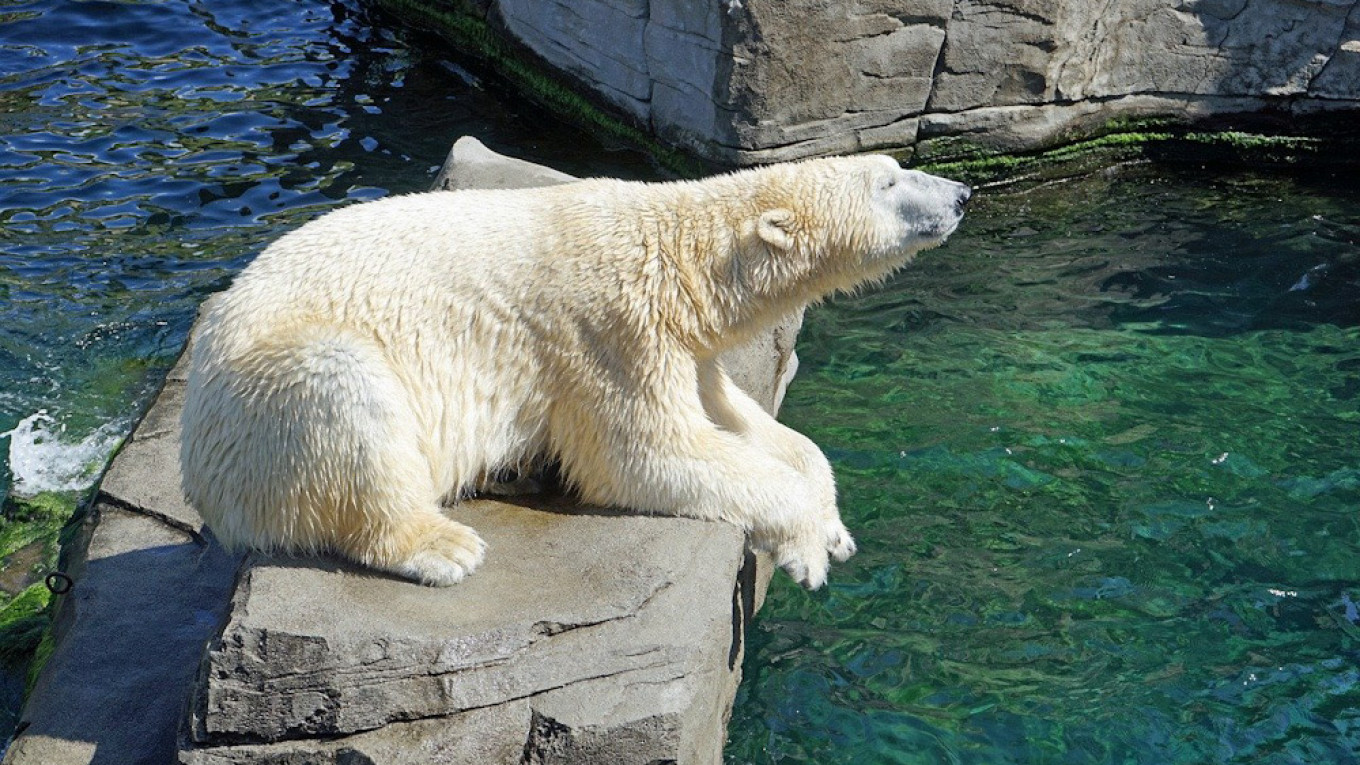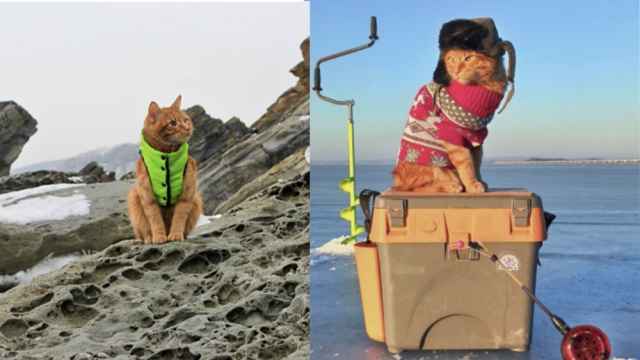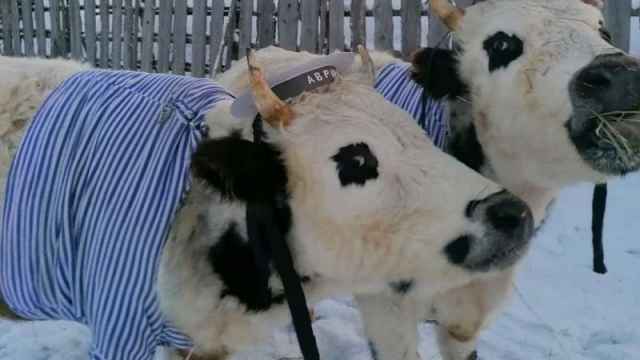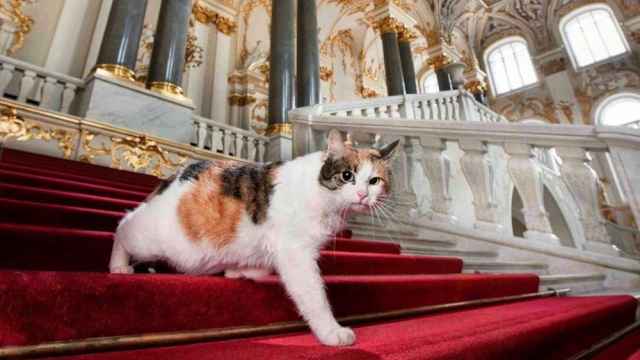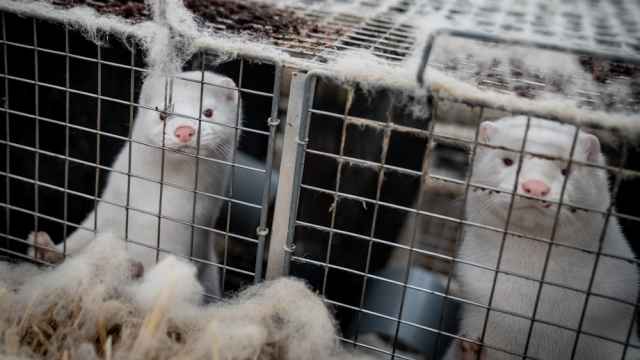The Berlin Zoo was overjoyed to welcome Hertha the polar bear cub in 2018 — until zoo officials discovered her parents, resident bears Tonya and Volodya, were actually brother and sister.
The zoo is now blaming Russia for a human error in the bears’ documents that led to their inbreeding, Deutsche Welle reported Tuesday.
"This serious mistake is a regrettable setback for the careful work undertaken by the European breeding program," Deutsche Welle quoted the Berlin Zoo as saying in a statement.
Tonya and Volodya were brought to Berlin from Russia in 2013 as a part of the European Polar Bear Population Program.
The mix-up was not revealed until last year, when the program’s Russian coordinator, Moscow Zoo biologist Marina Galshchuk, noticed an inconsistency in the bears' documents.
A further investigation revealed that Tonya had been mixed up with another female bear born around the same time. A genetic analysis confirmed that she and Volodya were indeed siblings.
“If we had known about the relationship between Tonya and Volodya, we would of course not have recommended the two polar bears for breeding. That was a mistake,” Galshchuk was quoted as saying in the Berlin Zoo’s statement.
Tonya has now been banned from reproducing, as her genetic lineage is already heavily represented in the breeding program, while Volodya continues to spread his genetic material in the Netherlands.
Andreas Knieriem, the director of Tierpark Berlin, said there was no ill will towards Moscow over the error and that staff from the Moscow Zoo had been fully transparent.
And despite the inbreeding, Hertha’s health is not at risk, experts told Deutsche Welle.
However, she might need bear counseling in the future when she learns her parents were siblings.
A Message from The Moscow Times:
Dear readers,
We are facing unprecedented challenges. Russia's Prosecutor General's Office has designated The Moscow Times as an "undesirable" organization, criminalizing our work and putting our staff at risk of prosecution. This follows our earlier unjust labeling as a "foreign agent."
These actions are direct attempts to silence independent journalism in Russia. The authorities claim our work "discredits the decisions of the Russian leadership." We see things differently: we strive to provide accurate, unbiased reporting on Russia.
We, the journalists of The Moscow Times, refuse to be silenced. But to continue our work, we need your help.
Your support, no matter how small, makes a world of difference. If you can, please support us monthly starting from just $2. It's quick to set up, and every contribution makes a significant impact.
By supporting The Moscow Times, you're defending open, independent journalism in the face of repression. Thank you for standing with us.
Remind me later.


